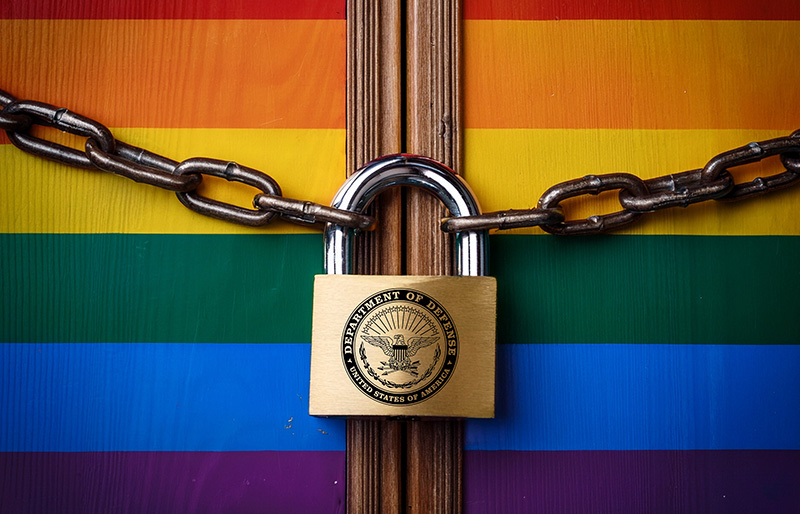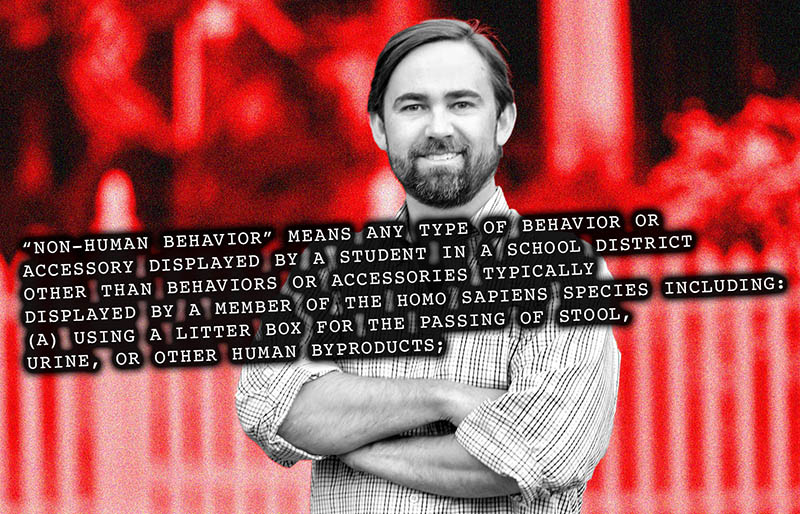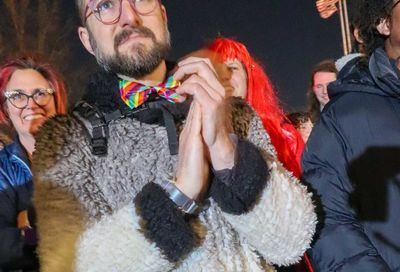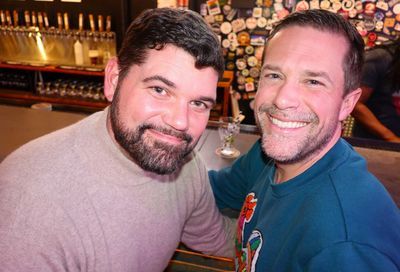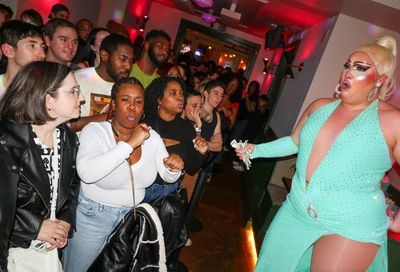Rhee's Tardy Response
The Center finally gets its reply on youth data, two years later
Two years ago Michael Sessa was outraged by the results of the city’s 2007 Youth Risk Behavior Survey (YRBS) for students attending public schools in D.C., which included data particular to LGBT youth.
”There were some statistics in it that were so overwhelmingly alarming, and nobody said anything about them,” says Sessa, president of The Center, the metro area’s LGBT community center.
The survey, conducted every two years among junior high and high school students, showed that LGBT students — as well as those simply perceived as LGBT — are more likely to be bullied and more likely avoid school.
”If you’re gay and there’s all this fear about going to school, you’re not going to learn,” Sessa says. ”You’re going to go to crystal meth to escape. You’re going to start smoking and you’re going to end up not being the contributing, well-rounded citizen that you should be.”
Frustrated by no apparent action on the part of the city to declare a plan of action to counter the bad news, Sessa, two years ago, wrote to D.C. Public Schools Chancellor Michelle Rhee on behalf of The Center.
”We asked her to acknowledge the data,” he says. ”We asked her for an action plan to see what she was doing about it. All we got in response was an immediate ‘Thank you for your letter.'”
Now, these two years later, a second response from Rhee seems not to have assuaged Sessa’s frustration, but rather to have put salt on the wound.
”Thank you for your letter concerning the 2007 [YRBS]…,” Rhee writes. ”I apologize for not responding to you sooner and thank you for your support of DCPS students and their families.”
Rhee continues by writing that the School Board is aware that LGBT students are at a higher risk for mental health issues, including suicide and depression, as well as drug use and harassment. She also offered a variety of methods that the DCPS has used to address these issues, such as bullying-prevention programs, support for gay/straight alliances, and making classroom activities LGBT friendly.
But Sessa says that’s not enough, particularly because the data from the 2009 YRBS, administered by the Office of the State Superintendent of Education (OSSE), was deemed unusable by the Centers for Disease Control and Prevention.
The CDC requires a 60 percent response rate, but the OSSE was only able to reach 36 percent. Sessa says this is something that Rhee fails to address in her new letter to The Center.
”I am beyond angry,” Sessa says. ”I’m furious because it is just another sign that in this city gays and lesbians are underserved.
”How can we improve ourselves, our children and progress as a community if we can’t even rely on the data that the city collects?”
Support Metro Weekly’s Journalism
These are challenging times for news organizations. And yet it’s crucial we stay active and provide vital resources and information to both our local readers and the world. So won’t you please take a moment and consider supporting Metro Weekly with a membership? For as little as $5 a month, you can help ensure Metro Weekly magazine and MetroWeekly.com remain free, viable resources as we provide the best, most diverse, culturally-resonant LGBTQ coverage in both the D.C. region and around the world. Memberships come with exclusive perks and discounts, your own personal digital delivery of each week’s magazine (and an archive), access to our Member's Lounge when it launches this fall, and exclusive members-only items like Metro Weekly Membership Mugs and Tote Bags! Check out all our membership levels here and please join us today!



